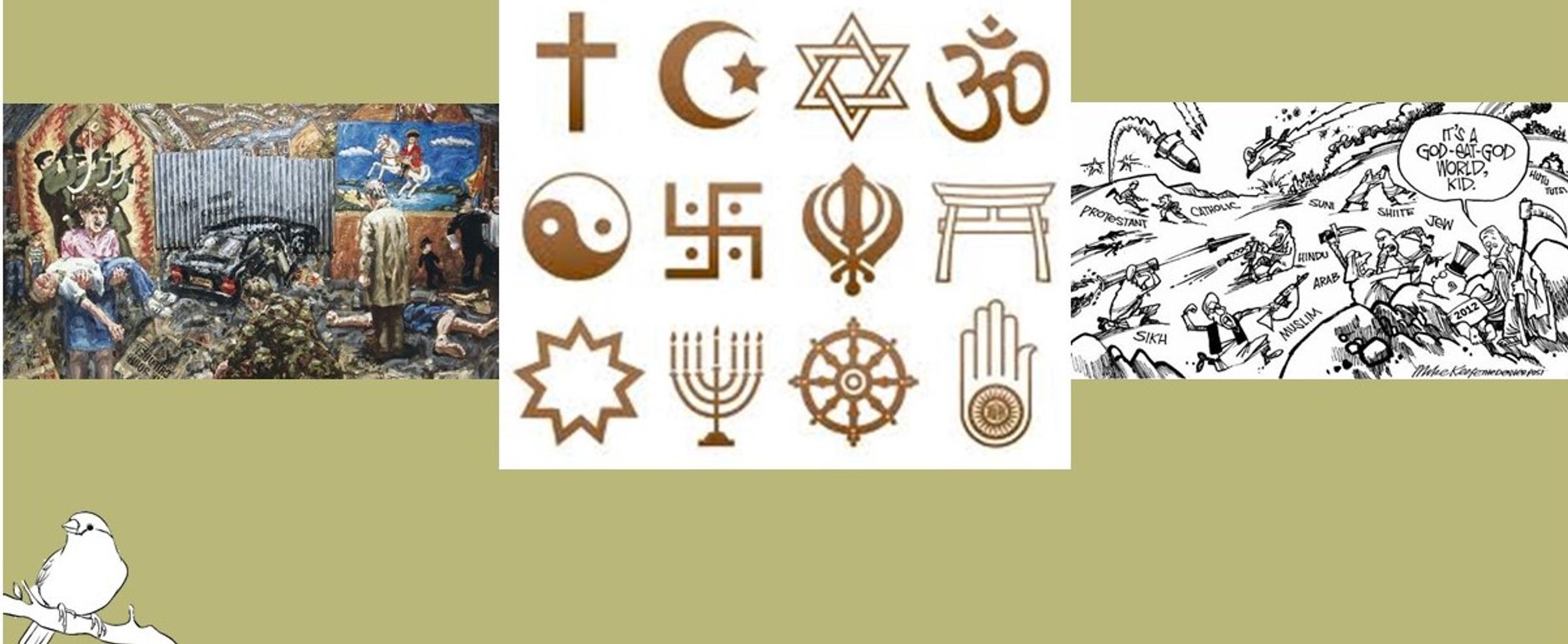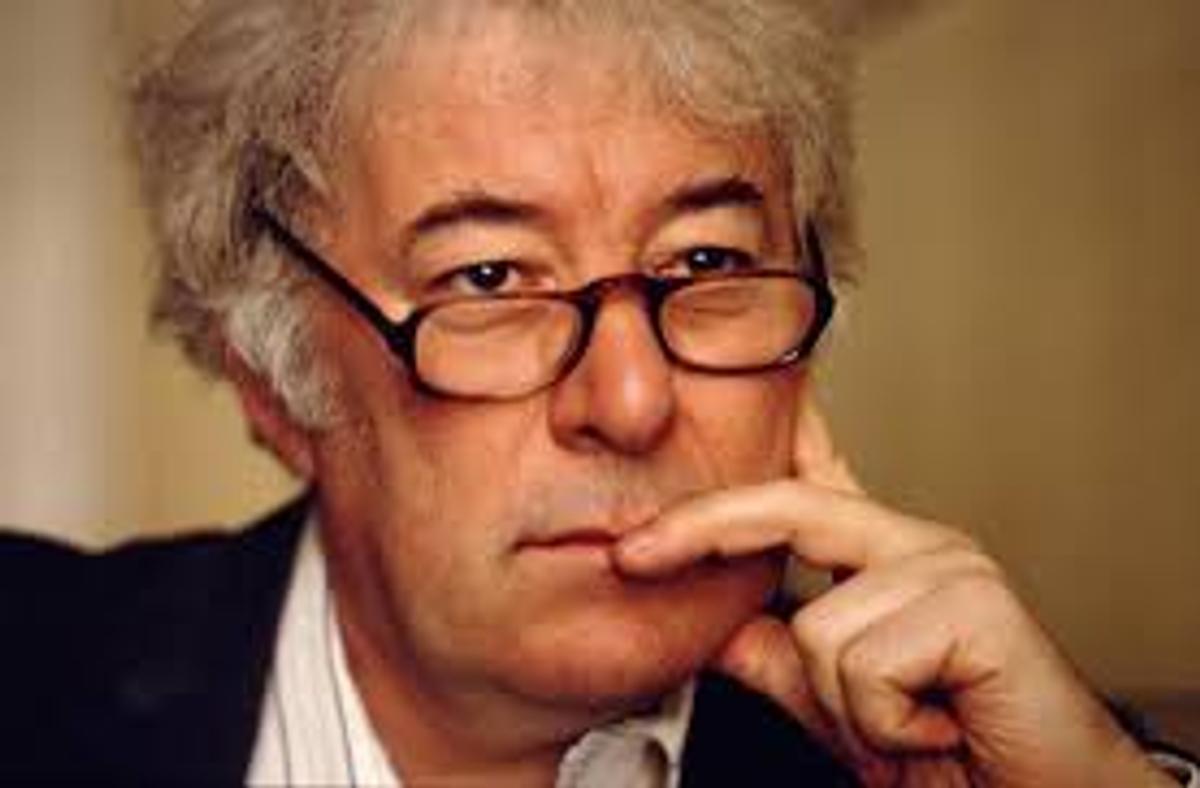life in literature

Stephen Milligan
Teacher - VCE Literature
The following poem was written by Stephanie Vita in Year 11 Literature – she is to be commended on her sophisticated use of poetic devices and nuanced examination of the human condition through poetry. Stephanie composed the poem as part of a creative response to the poetry of Seamus Heaney. She was particularly inspired by the poem Punishment where Heaney uses the motif of ancient tribal sacrifice to explore the ramifications of sectarian conflict in his contemporary Northern Ireland during the ‘Troubles’ of the 1970’s.
In this poem, Heaney alludes to the archaic and barbaric punishment of tarring and feathering. This was a punitive act wielded by the IRA upon Catholic women who were caught having illicit relationships with Protestants or British Soldiers. Heaney condemns the abhorrent violence of such acts but admits to his own conflicted ‘tribal’ instinct in understanding acts of vengeance in a society riven by deep-rooted conflict and despair stemming from entrenched inequality. To construct her poem, Stephanie employed a variety of poetic devices that she learned in her study of poetry, such as: imagery; symbolism; pathetic fallacy; sibilance; consonance; assonance and enjambment – to list a few! Stephanie explained her authorial choices in the following reflective commentary.
Stephanie Vita
Year 11
Year 12 Early Start VCE Literature
Rather than providing a single key moral or political message, through my poem I aimed to offer my own perspective on religious conflict – particularly of those that involve Islam. I attempted to highlight the suffering of innocent people who live in places where there is such conflict, in the hope that readers will be moved to act towards helping or speaking up for those who are affected by war or violence because of religious conflict.
The first part of my poem depicts various characters from both sides of the religious conflict in Afghanistan– an innocent child who has been injured from an explosion, men who are part of the Taliban, and the mother of a man who has left home to join the Taliban and become a ‘jihadist’. I also briefly refer to individuals like myself who live in a privileged, first-world country, which I elaborate on in the second part of my poem.
The poem is titled ‘Playing Ground’, which could be a mildly ironic description of war. This title speaks to my attempt to capture the chaos and confusion of being amidst violence and religious or political conflict, as well as the confusion I feel regarding my intentions towards people in need, and whether I am a compassionate and altruistic humanitarian, or selfish and driven to ‘give’ so that I can gain praise or purpose. The title also reveals my critical perspective of the sectarian conflict and Islamic extremism in Afghanistan – and in many other parts of the world – where I view adults as adopting the behaviour of children – fragile yet proud and unable to control their rage.
The characterisation of the narrator in my poem links to Heaney’s characterisation of the narrator in Punishment, as the narrator feels a sense of guilt and hopelessness as a bystander of the conflict, and through their silence, feels complicit in the suffering of others.
Playing Ground
I
Buried beneath the rubble,
The little snow finch captures
Fragments of their familiar voices –
A foreign language on foreign ground,
A bruised and fractured landscape,
Unconscious and uncertain.
The distorted brick walls are barely concealed
By the concrete that echoes her kaleidoscopic vision.
Her eyes divert her mind from her fading shadow
That staggers, ghost-like across the dusty gravel.
Those compassionate killers and their shining
Steel weapons ring through her ears.
Her jugular vein is thunderous and throbbing –
Struggling to subsist against His painful plan.
His words bark a bitter toxic venom:
She should be at home! She should not attract attention!
To them, she has been deceived, yet
They deceive themselves.
For them, she would save her last grains of rice,
The ground beneath her feet – a gateway to paradise.
The turbulent, gentle and earnest betrayal
Of the hands that nurtured theirs and loved them
More than they were able.
The breeze on her blemished skin
Makes an army of arrows.
The shadow of his unworn clothing watches by the window
Like a hidden wound – gangrenous and unfeeling.
With every crease of her palms engraved in her mind,
And her faith gathered wearily underneath her tired hazy eyes,
She rests her forehead on the parched ground –
Hoping for hope, longing for its forsaken sound.
II
And yet, I am only a treacherous traitor,
A kind and charitable predator –
Helping them to soothe myself,
I am a heedless imposter.
Preaching and weeping in their flames,
My coloured skin cannot hide a pale face
Wailing in hysterical, fraudulent pain –
Crazed, desperate for this dark stain to be erased.
A single piece of cloth is a perpetual reminder
Of a purpose and a reason and a reward.
Yet, while my voice is raised and flaming like the fists of a fighter,
My words remain silent, hollow and unstable.



